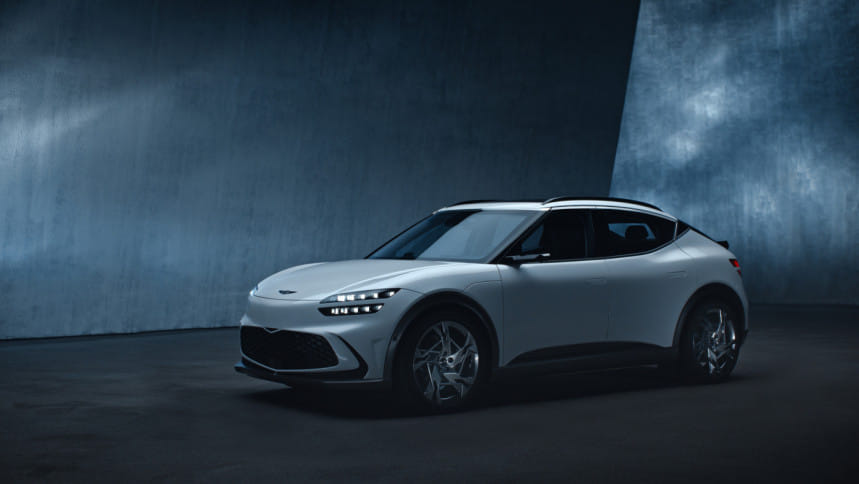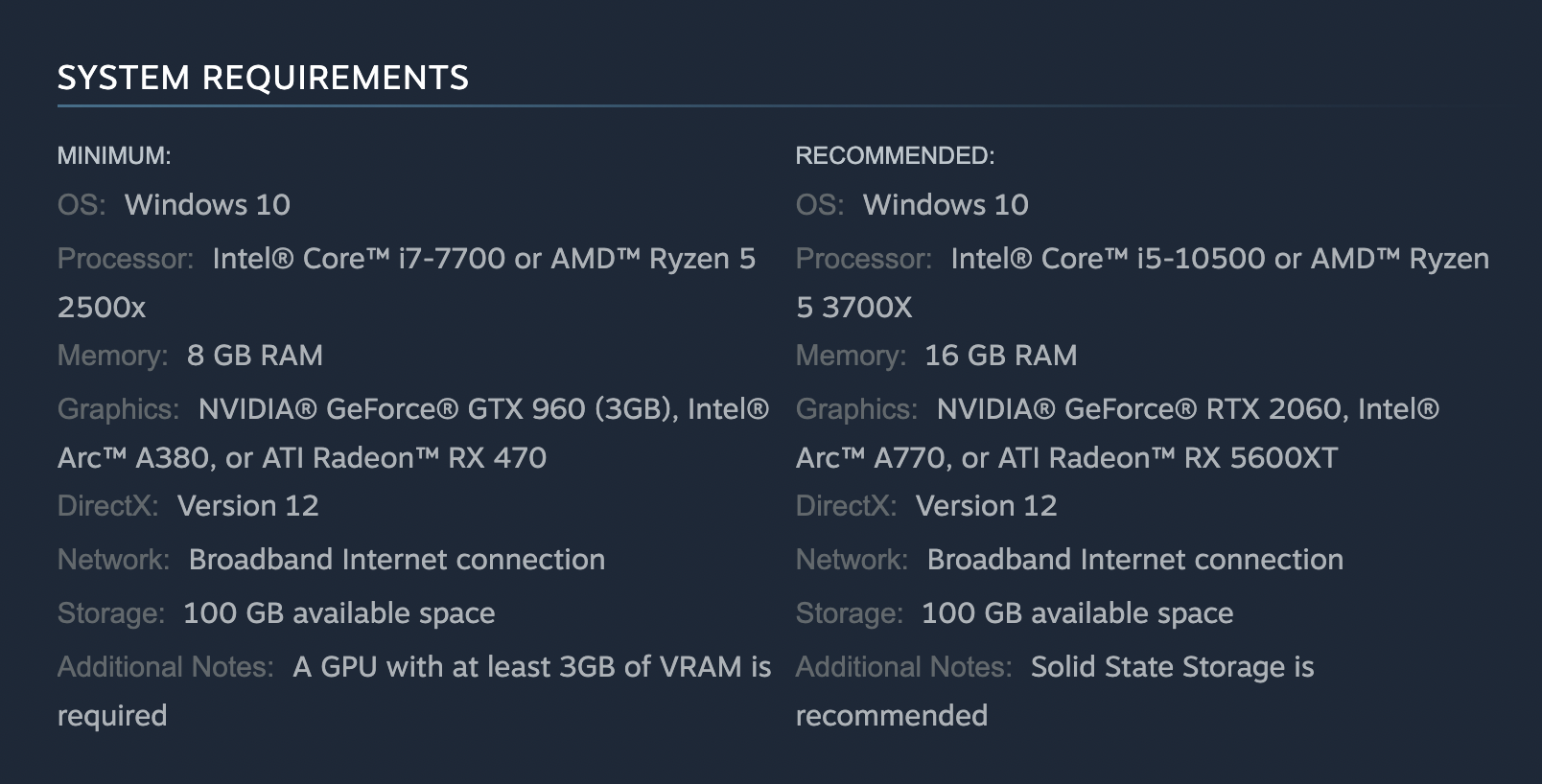
With Chinese-made electric vehicles facing stiff tariffs in both Europe and America, a stirring question for EV drivers has started to arise: Can the race to make EVs more affordable continue if the world leader is kept out of the race? China’s BYD, recognized as being a global leader in terms of affordability, had to backtrack on plans to reach the U.S. market after the Biden administration in May imposed 100% tariffs on EVs made in China.
And now the Chinese juggernaut appears to be stalling plans for Canada as well, according to Automotive News. The decision follows months of lobbying efforts with the Canadian government as well as negotiations between BYD executives and dealerships across Canada. But in late August, Ottawa did follow in the footsteps of the U.
S., announcing it would impose its own 100% tariff on Chinese-made EVs by October. And since August, BYD has stopped all communications with dealerships, according to Automotive News.
While BYD has made no official statements, analysts don’t expect the situation to improve for Chinese automakers with the incoming Trump administration in the U.S. While some analysts believe BYD could still try to absorb the tariffs on some of its vehicles, such as the Atto 3 and Seal, the resulting price tags would make them much less competitive.
As for the BYD Seagull, the brand’s most affordable EV with a price tag of $10,000 in China, it’s considered too small to garner much buying interest in the U.S. Stateside, Tesla recently put a floor on expectations for a more affordable EV, with CEO Elon Musk saying a $25,000 Tesla would be “pointless”.
Meanwhile, some rival EV makers, are entering the affordable space more aggressively in the U.S. General Motors has already put out its Chevy Equinox EV at a price of $27,500, including federal tax credits.
And Volkswagen America plans to release an under $35,000 EV in the U.S. by 2027.
.












